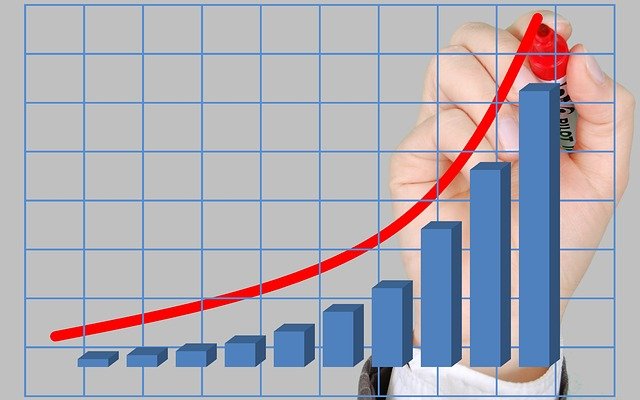Inflation is a sustained increase in the general level of prices that is not matched by an increase in the number of goods and services. This can be caused by many factors, including:
• Expansionary monetary policy
When central banks print more money or lower interest rates to stimulate the economy.
• Demand-pull inflation
When aggregate demand exceeds aggregate supply and causes an increase in prices.
• Cost-push inflation
When there are increases in input costs such as wages, raw materials, or energy prices.
• Structural inflation
When there are persistent changes to the economy’s production capacity that lead to a sustained increase in prices.
How to Prevent Inflation and Protect Yourself From This Stressful Phenomenon?
Inflation is a phenomenon that occurs when the price of goods and services increases. The main cause is an increase in the money supply. When there’s too much money in circulation, it increases the prices of all goods and services.
It’s important to keep up with the rising rates so you can avoid being taken by surprise. Here are some tips on how to fight against inflation:
• Avoid spending your money as soon as you earn it. Try to save some of your earnings for later on when prices could be even higher.
• Invest in assets that will retain their value over time such as gold, silver, or stocks and bonds.
• Consider buying a property if you have enough savings or if you can afford to take out a mortgage loan
Financial Planning Tips for Managing Rising Prices?
The most common financial planning tips for managing rising prices are to create a budget, save money, and invest in low-cost index funds.
Tips for Managing Rising Prices:
• Create a budget
• Save money
• Invest in low-cost index funds, stock market, etc.
Inflation in the US and European Union Causes Bigger Financial Problems Than You Think!
Inflation is a problem that affects the whole world. It is a problem that in recent years has been more evident than ever before. Inflation is when prices rise and the purchasing power of money decreases. This can be caused by many factors, but some of the most common causes are an increase in the money supply, which leads to higher prices for goods and services, or a decrease in people’s real income.
The US and European Union have seen high rising rates as well as a stock market crash due to this inflation. The US has seen an annualized inflation rate of 9%. The European Union has seen an annualized inflation rate of 1.7%. These high rates have led to many problems within these countries including slower economic growth, lower employment rates, higher unemployment rates, and lower wages
How Does Inflation Affect Your Everyday Life?
How does inflation affect your everyday life? You might be wondering if inflation is good or bad? Well, inflation means that prices are rising and when this happens your money will be worth less. This can harm your savings because you might not be able to buy as many things with that same amount of money.
How Can Small Businesses Minimize the Effects of Inflation?
In the United States, inflation has been steadily increasing since 2009. As a result, small businesses have been impacted by inflation.
The effects on small businesses vary depending on the type of business that they are running. For example, if you own a restaurant, you will be impacted by food prices when they go up because your costs will increase accordingly.
There are some things that small businesses can do to minimize the effects of inflation. One way is to invest in new technology and equipment so that you can be more productive with your time and resources. Another way to minimize the effects is to start charging for services that were previously free or included in an initial fee.
Conclusion
Inflation is a natural phenomenon that can happen in any economy. It’s the rate at which the prices of goods and services are increasing. The prices of goods and services rise because there is too much money, not enough goods or services, or both.
It can be a problem for people who have low incomes because it makes it hard to afford the things they need to live on. Managing high prices is not easy, but there are some steps you can take to deal with it when it happens. And that involves keeping track of your spending habits, spending less money, and saving more money.
Editor’s pick
Can you be more careful with your finances?
8 Ways to Cut Your Personal Spending
The Best Ways to Save Money and Organize Your Finances
The Top Financial Mistakes That May Cause You Stress



